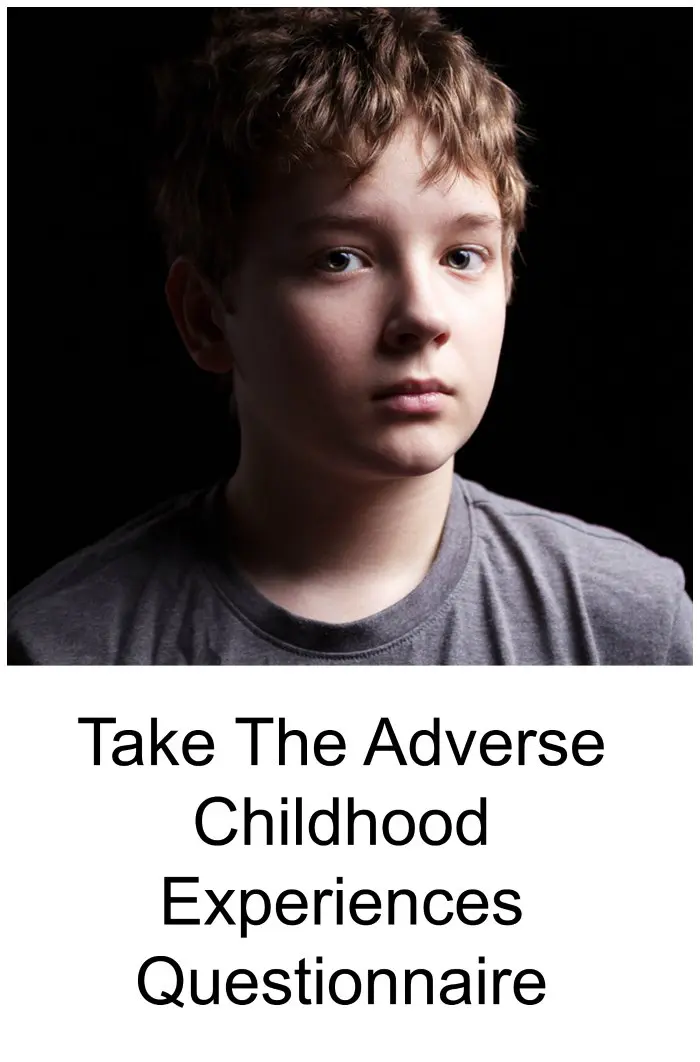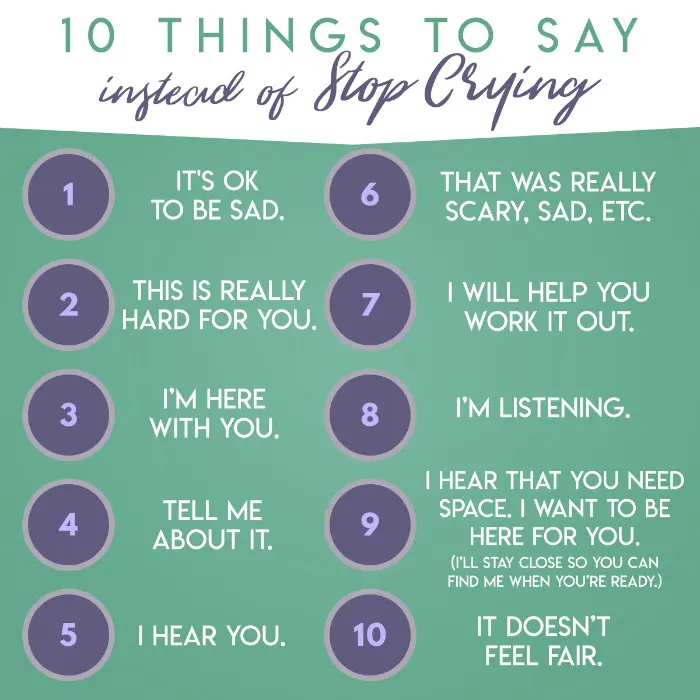It is unfortunate but true that childhood trauma can affect health your whole life. According to Stress Health, kids who are exposed to very high doses of adverse childhood experiences (ACEs) without the support of loving, caring adults can have more than double the lifetime risk of heart disease and cancer. They also have a nearly 20-year difference in life expectancy! The good news is that the effects of toxic stress can be reduced. I want to share a resource for assessing the risk as well as resources for reducing the damage. You can head to the Aces Aware Website and take the Adverse Childhood Experiences Questionnaire to find out if your child has been exposed to toxic stress. The website also offers resources on how to learn to reduce the potential negative effects of ACEs. This post is brought to you in partnership the Center for Youth Wellness.
Adverse childhood experiences (ACEs) can have a lasting impact on nearly every area of a person’s life. Research shows they may affect:
- Mental health – increasing the risk of anxiety, depression, PTSD, and difficulty managing stress.
- Physical health – linked to chronic illnesses later in life, such as heart disease, diabetes, and autoimmune conditions, due to the body’s prolonged stress response.
- Brain development – influencing memory, learning, and emotional regulation.
- Relationships – making it harder to trust others, form secure attachments, and maintain healthy boundaries.
- Behavioral patterns – raising the likelihood of substance use, risky behaviors, or difficulty managing emotions.
- Educational and career outcomes – potentially impacting concentration, academic achievement, and long-term economic stability.
The good news is that supportive relationships, therapy, and resilience-building practices can reduce or even reverse some of these effects.
Gain Insight With The Adverse Childhood Experiences Test
The adverse childhood experiences questionnaire can be taken on behalf of yourself or another adult or on behalf of a child in your life. If you are taking the ACE Questionnaire on behalf of a child and you don’t know all the answers, you can also try looking for toxic stress symptoms.
There are only ten questions on the adverse childhood experiences questionnaire test so it isn’t too time consuming or complicated. It just takes a few minutes to offer you some insight into the ACEs score. This score is a starting point so you know what you are working with. Then you can respond in ways to help reverse the effects of toxic stress.
The adverse childhood experiences questionnaire is based on the original 1998 landmark CDC-Kaiser Permanente Adverse Childhood Experiences (ACE) Study. This research was one of the largest investigations of childhood abuse and neglect and later-life health and well-being.
The adverse childhood experiences test score meaning gives you insight into what you are working with. An ACE score is NOT an actual medical diagnosis. It is meant to help medical providers better understand a patient’s risk for the effect of a toxic stress response. It is recommended that individuals speak to their primary care provider about ACEs-related concerns. Discuss how to integrate healing practices for toxic stress into self and family care.
Learn How To Reduce The Negative Effects Of ACEs
Here are some effective ways to reduce the negative effects of Adverse Childhood Experiences (ACEs):
Seek professional support. As mentioned, it is recommended that you talk with a doctor about your ACEs concerns.
Build strong, supportive relationships. Trusted adults, mentors, friends, and safe communities help children and adults feel secure and valued, which can buffer the stress of past trauma.
Create safe environments.
Consistency, routines, and supportive boundaries can help both children and adults feel secure and less reactive to stress.
Parents can also support a healthy stress response in their family by implementing some healthy guidelines. These should include guidelines for sleep, nutrition, exercise, mental health, mindfulness and healthy relationships. Learn ways to cope with your own stress and how to sooth your child in stressful situations.
Break cycles of trauma.
Learning positive parenting skills, practicing gentle communication, and seeking family support can reduce the chance of ACEs being passed to the next generation.
The Center For Youth Wellness provides lots of information and resources, like the infographic above. They help spread knowledge to help parents reduce the potential negative effects of ACEs.
For me, learning about ACEs and the documented effects childhood trauma can have on your life long health was so eye-opening. It was also such good news to know that there is help and the damage can be reversed.
Conclusion
While ACEs can leave a lasting imprint, healing is possible. With the right support and tools, people can build resilience and lead healthy, fulfilling lives. Knowing where you or your child stand on the adverse childhood experiences scale is a good starting point. Please share the Adverse Childhood Experiences Questionnaire and the resources to help reduce the negative effects of ACEs. By getting the word out, we can make a difference in young people’s lives now!
Related Posts:
Why Positive Discipline Is Better


